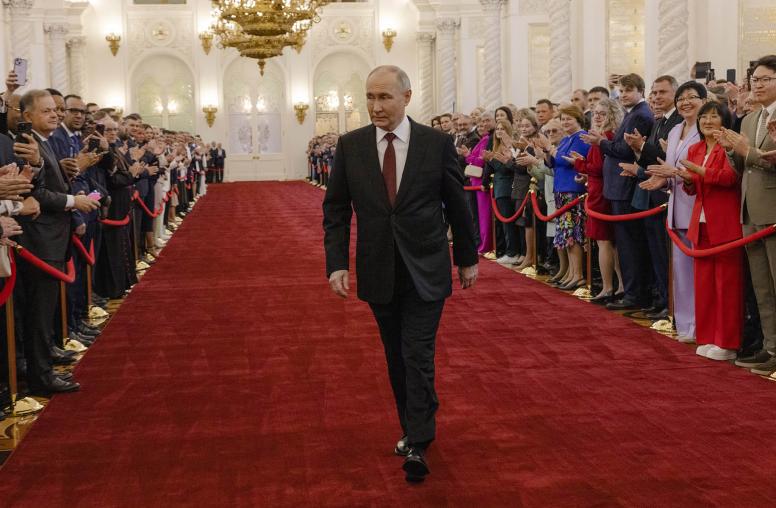American Peacemaking Experience in the Balkans: Lessons for Ukraine
The United States played a leading role in ending wars that gripped the Balkans more than 20 years ago. Amid growing interest in the possibility of a peacekeeping mission in eastern Ukraine, a fresh look at American efforts in the former Yugoslavia is timely: What can be learned from the U.S. diplomatic experience in the Balkans that might be applied in the Ukrainian conflict? Ambassador James Pardew, former member of Richard Holbrooke’s negotiating team on the Balkans, discussed insights captured in his new book, Peacemakers: American Leadership and the End of Genocide in the Balkans, in a discussion at the U.S. Institute of Peace on February 15.
Pardew, who was the lead U.S. negotiator for the Ohrid Agreement that ended the spread of violent conflict in Macedonia in 2001, will share practical lessons from the Balkans conflict and discuss their relevance to the prospect of a UN peacekeeping mission in Ukraine. Pardew’s panel was followed by a conversation with other American and European experts assessing how the international experience in the Balkans can contribute to current peacekeeping strategies. Review the conversation on Twitter with #BalkansLessonsforUkraine.
William Taylor, Introduction
Executive Vice President, U.S. Institute of Peace
Charles North, Moderator
Senior Advisor, U.S. Institute of Peace
James Pardew
Former U.S. Ambassador to Bulgaria
Michael Haltzel
Foreign Policy Institute Senior Fellow at the Center for Transatlantic Relations, John Hopkins, School of Advanced International Studies
John Herbst
Director of the Atlantic Council’s Dinu Patriciu Eurasia Center
Sarah Mendelson
Distinguished Service Professor of Public Policy and Head of Carnegie Mellon University's Heinz College of Information Systems and Public Policy and Former Representative of the U.S. on the Economic and Social Council of the United Nations
Boris Ruge
Deputy Head of Mission, German Embassy to the U.S.



